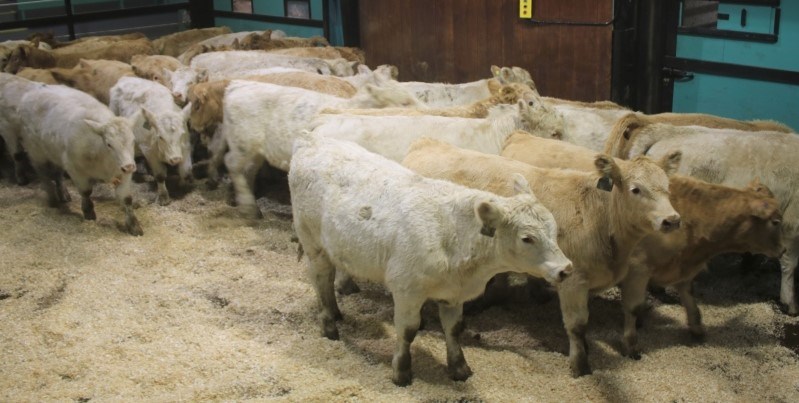YORKTON - It would be nice if there was consistency in the approach of government on issues.
You will not always agree with, or support a political view, but those who do more than rail against a party they don’t support, will at least recognize those we elect tend to do what they feel is best for the future of the country. And that vision can be quite different from party-to-party which is why we have such heated debates.
At present the federal Liberal party has its political eye set rather firmly on the target of reducing greenhouse gas emissions in Canada moving forward in hopes of addressing what they see as the human impact causing climate change.
Of course many readers here will be shaking their heads that climate change is a false reading of data at best, and a flat out conspiracy having been created for some nefarious reason, but there is mounting science that something is going on. Since we don’t exactly have an alternative to living on this planet we probably should be looking at how best we might help nature on this one.
The Liberals have hung their hats on the carbon tax as a way to get people to undertake better practices to reduce emissions. People do ted to react when something hits them in the pocketbook, so the idea has some merit that if they are taxed they’ll make better decisions in terms of what they use and do in terms of things creating greenhouse gases.
But, anything with the word tax is never particularly popular, and the carbon tax is much-hated by many Canadians.
That said it is an effort on behalf of the Liberals.
But, then turn the page to another day and the system in another area is stalling science being available in Canada.
In late February, the European Union approved use of a feed additive which can reduce methane emissions from cattle by 30 per cent or more.
Livestock, in particular cattle are definitely methane emitters, and anything that can help agriculture be less of an issue in that regard should be applauded.
But, here in Canada, the product may not be on the market for years because Health Canada and the Canadian Food Inspection Agency have classified the additive as a veterinary drug.
This is one of those stumbling blocks that has long escaped me, why the science in one country is basically ignored in another. In this case the EU is not somewhere with questionable regulations. In fact, generally they are more stringent in regulating farming.
And in Canada we have a government clearly wanting this country to be ‘greener.’ It seems a perfect opportunity for some gentle persuasion or legislation if needed, to provide livestock producers access to have less impact in terms of methane emissions.






